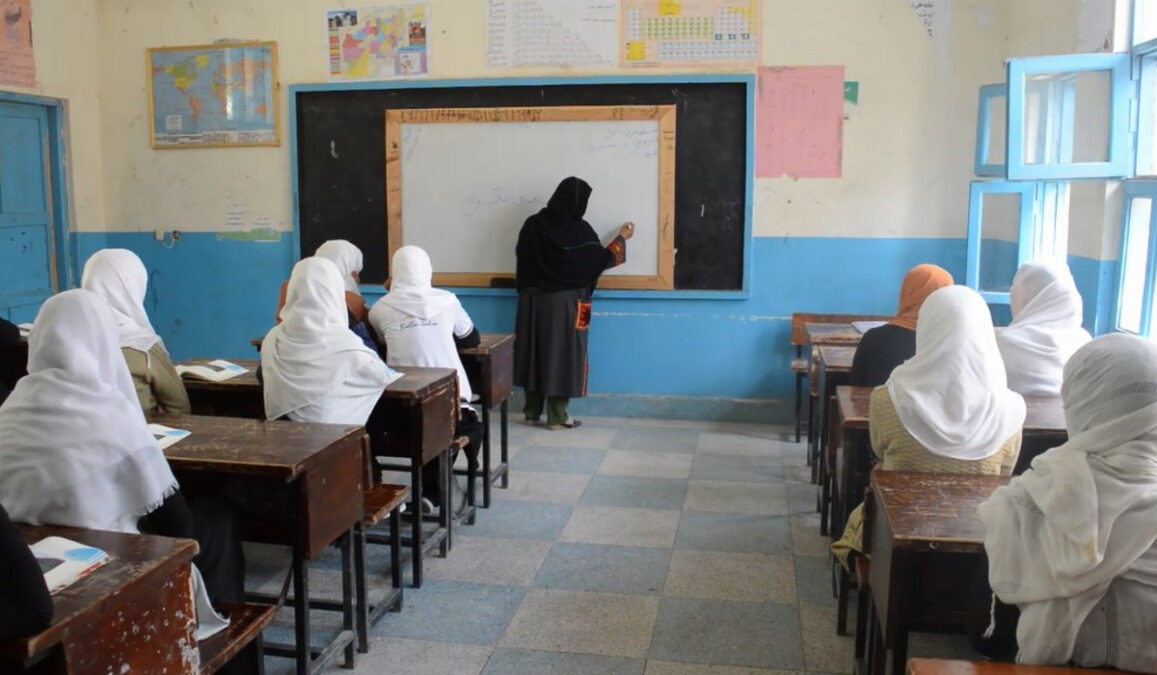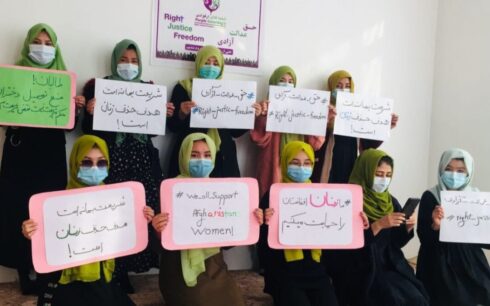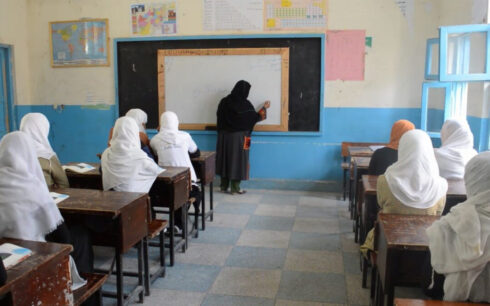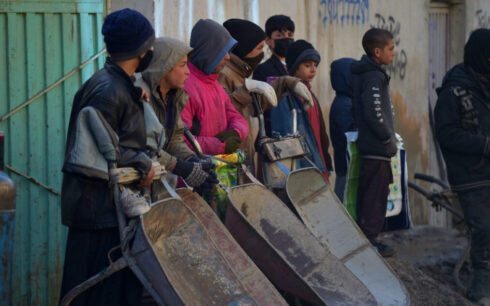With the new educational year set to start on March 22, Afghan girls are increasingly calling for the reopening of their schools, expressing concerns over their uncertain futures.
Since late 2021, secondary schools for girls have been closed, affecting over 1.1 million girls who are now out of school.
In an interview with Amu, Hamira, a student, shared her aspirations and frustrations. “I want to become a teacher, but the Taliban doesn’t allow me to study,” she said. The number of girls denied education is growing as the Taliban continue to keep their schools closed for the second consecutive year.
Shogofa, who has just completed grade six, is uncertain about her ability to continue her education. “I was in grade six. This year, I am in grade seven. I don’t know if the Taliban will allow it,” she expressed.
The closure extends beyond secondary schools, as the Taliban also shut down universities for female students in December 2022. University students reported struggling with mental pressure, anxiety, and depression due to being confined at home. Horia, a university student, lamented the disparity in educational opportunities: “The schools will open, but not for girls. Boys can continue their education, but girls are deprived of it.”
Taliban officials have not yet commented on whether they will reopen secondary and high schools for girls in the upcoming academic year. In March 2022, many girls were left in tears after being turned away from their schools.
At a gathering in Kabul on Thursday, Taliban Deputy Foreign Minister Sher Mohammad Abbas Stanikzai emphasized that education is “obligatory” for both men and women. Despite his public support for girls’ education, female students are calling for concrete actions to reopen their schools.
The Taliban has enforced strict restrictions on girls’ education and women’s work, including bans on school attendance above grade six and university education, as well as employment at NGOs. Despite international criticism, the Taliban leadership has shown no signs of easing these restrictions.





